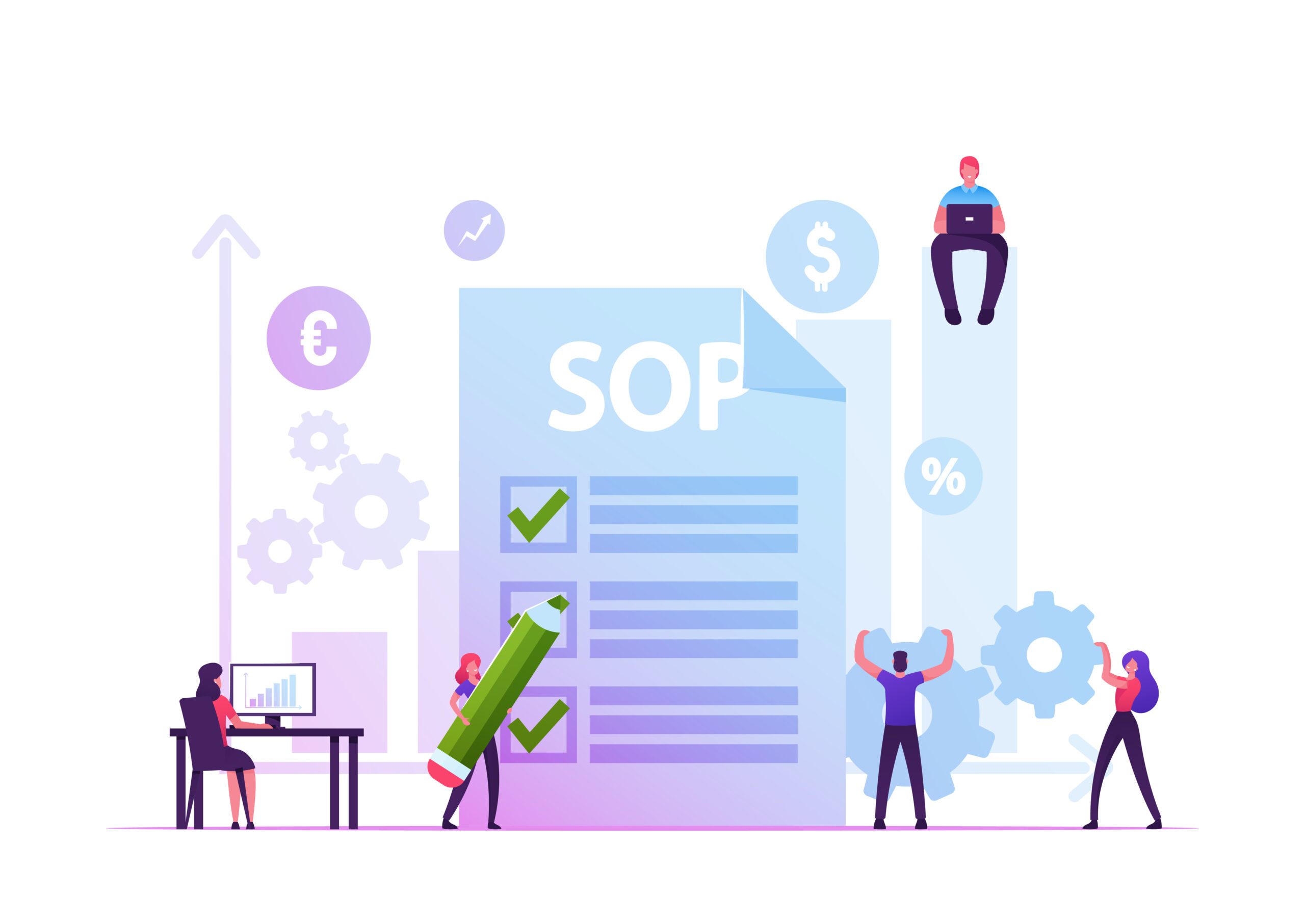A standard operating procedure (SOP) is a set of written instructions documenting a routine or repetitive activity that a consulting business follows. SOPs aim to achieve efficiency, quality output and uniformity of performance, while reducing miscommunication and failure to comply with industry regulations. In this blog post, we will discuss the importance of SOPs for consulting businesses, as well as how to create them.
Importance of SOPs
SOPs are important for several reasons. First, they improve efficiency by ensuring that all employees are aware of the company’s expectations and procedures. This can save time and money by eliminating the need for training new employees on these procedures. Second, SOPs improve quality by providing clear instructions on how tasks should be completed. This can help to reduce errors and increase customer satisfaction. Finally, SOPs promote uniformity by ensuring that all employees are following the same procedures. This can help to avoid confusion and conflict within the workplace.
Creating an SOP
When creating an SOP, it is important to keep the following things in mind:
- The purpose of the SOP – What is the goal of this procedure?
- The audience – Who will be using this SOP?
- The level of detail – How much detail is necessary to complete the task?
- The format – What is the best way to communicate this information?
- The review process – Who will be responsible for reviewing and updating the SOP?
Once you have considered these factors, you can begin writing your SOP. Start by outlining each step in the process, then add more detail as necessary. Be sure to include any safety precautions or regulatory requirements that apply to the task at hand. Once you have finished writing your SOP, ask someone else to review it to ensure clarity and accuracy. Finally, place your SOP in a location where it will be easily accessible to those who need it.
SOPs are an important part of any consulting business. They improve efficiency, quality and uniformity while reducing miscommunication and compliance issues. When creating an SOP, keep in mind its purpose, audience, level of detail and format. Be sure to have someone else review your SOP before putting it into use let us help you. By following these guidelines, you can create an effective SOP that will benefit your business in many ways.






